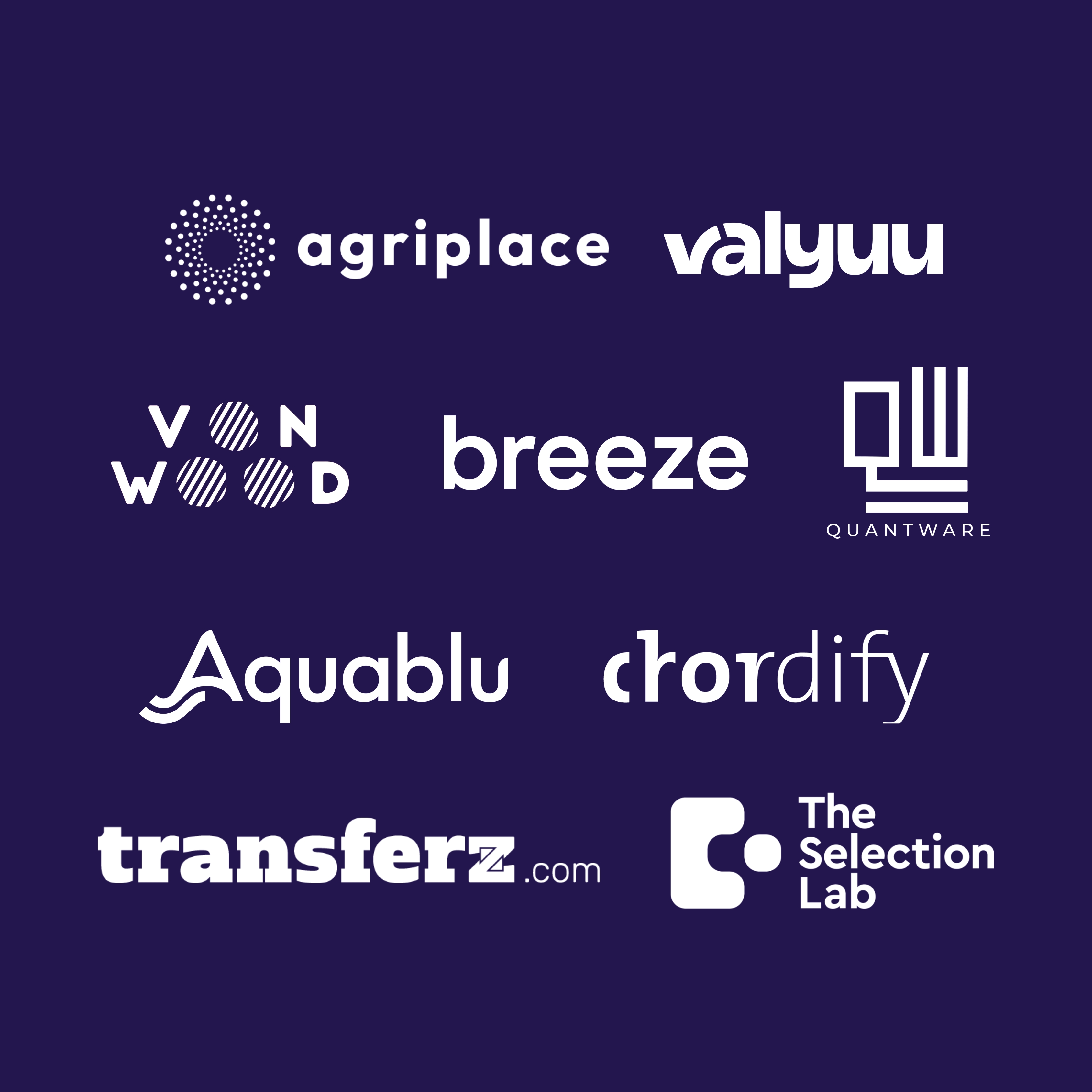What challenges have you faced and how did you overcome them?
Throughout our journey, we have encountered several key challenges that have shaped Chordify into what it is today. One of the most significant challenges has been ensuring the accuracy of our chord recognition technology in real-time. This challenge required a lot of innovation and fine-tuning to perfect our algorithms and deliver reliable results to our users.
Scaling our platform to handle a fast-growing library of songs while maintaining high reliability has also been a challenge. We learned a lot and are working with the best team to continuously optimise our processes and technology to ensure that users can access our services smoothly, even as our database expands.










